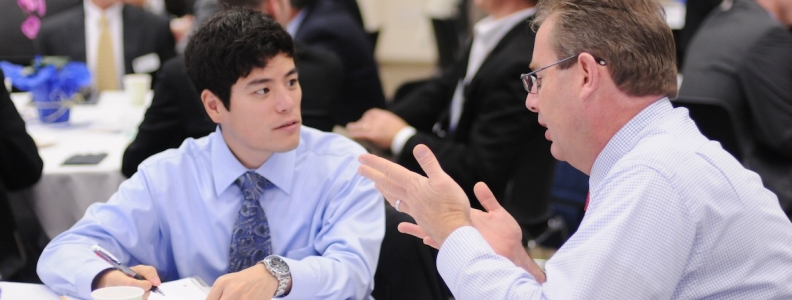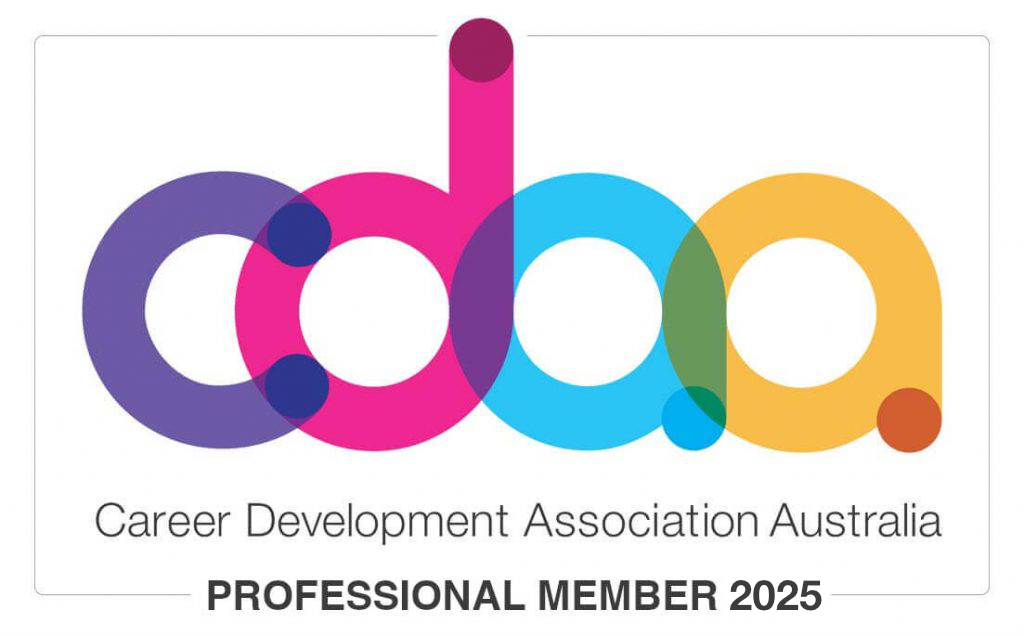HOW TO RUN A SUCCESSFUL MENTORING PROGRAM
A five M approach.
Much has been written about the benefits of mentoring programs for mentors and mentees and also for the host organization. Yet many programs fail to flourish. How do you run a successful mentoring program? Whilst not intended to be all-encompassing or applicable to all mentoring scenarios, the five Ms might help….
Getting prepared
Start with a cultural fit, get support then reach out
Design the program around your organization’s culture and importantly – its people. In my experience start small, perhaps with a pilot program. Think strategically – how could a successful mentoring program contribute to the attainment of multiple strategic aims? To what extent will your proposed program be supported by your organization and key stakeholders? What obstacles present and can they be addressed? Take time to really understand your target group of prospective mentors and mentees. You might research comparable mentoring programs or run a targeted focus group comprised of prospective program participants. Speak to people in like organizations running successful mentoring programs. What worked for them and importantly – what didn’t?
Parameters and paperwork
Think about your program’s objectives and what is realistically achievable in the first mentoring intake. Consider any relevant insurance, legal or compliance issues. Boundaries around codes of conduct, confidentiality and grievance procedures are also important and go to the integrity of your program. Include these in program documentation, along with targeted, practical advice helping mentees and mentors make the most of their professional relationship. Importantly – make sure participants know you are there to help at any stage of the program! Be visible and available.
Support and resources matter
A successful mentor program not only needs the support, endorsement and participation of the host organization and key stakeholders, it needs to be adequately resourced in line with expected outcomes.
Now for the Ms.
Matching
In my experience, time spent carefully matching is crucial. A good match usually equates with a good outcome. Think strategically about the questions you ask applicants on program application forms. What do you really need to know? Recruit mentors carefully and get to know your target group and individual participants. Avoid making assumptions for example; do not assume you know what mentees are looking for or what mentors expect in a mentee. Similarly, do not assume all industry leaders are necessarily the best mentors.
If mentoring program software is purchased to assist with the matching process, this can be an efficient and effective tool for a first level or initial matching. However, manual review is important. Sometimes the best matches are not evident on online application forms where personalities and nuances are concerned. At the end of the day, a perfect match is not always possible. Participants should be guided to embrace the opportunity and see where it takes them.
Managing expectations and preparing participants
Whether through a training session, guidelines or via other means, preparation of your participants matters. People have different views on what a mentoring relationship should look like and what they should expect from such a program.
Mismatched expectations are a common reason for dissatisfaction in a mentoring relationship. By way of example, a mentee may expect their mentor to find them a job, help them with study or be a friend beyond the program’s conclusion. A mentor may assume too much knowledge or professional competency on behalf of the mentee or may wish them to undertake unpaid work for them. Managing expectations realistically at the outset is important.
Monitoring
Communication breakdown is a common reason for relationship breakdown and the same is true of mentoring relationships. A quick phone call periodically to participants during the program can be all that is needed to get a faltering relationship back on track. This is particularly useful in the first month of the program and mid-way. Sometimes it is simply miscommunication about who was responsible for organising the next catch up or one party needs further advice about topics to discuss. Of course factors such as illness, personal issues, difficulty establishing rapport, unexpected workloads, conflicts of interest and the like can sometimes arise and need to be dealt with. Mentoring relationships are about people and running a successful mentoring program requires a good dose of discretion, judgement, emotional intelligence and occasionally – troubleshooting.
Measuring and modifying
Surveys, focus groups and other communications can help organizations assess the real value of the program. Keep in mind, though, that some “benefits” of mentoring programs are more evident as the program develops and the outcomes for mentees are more evident. Use your feedback to plan ahead and assess what has worked well and what needs refining. The best mentoring programs evolve though don’t lose sight of your key objectives.
Marketing
Finally, don’t forget to celebrate as a tool to market the program and to create energy around the program internally and externally. Launch events, end of year celebrations and the like, not only showcase your program and organization, they help create momentum for current and prospective participants. They also provide excellent professional networking opportunities for both mentors and mentees. Testimonials, podcasts and spotlight articles showcasing successful mentoring pairs are beneficial too. If you run a successful mentoring program, your participants will be its champions.
Finally, mentoring programs can produce outcomes for participants and organizations beyond expectations. No program is perfect, nor will every participant be happy, but keep plugging away – the rewards are well worth the effort for all concerned.
Helen Green, Director, Career Confident
Helen is a qualified careers consultant and professional member of the Career Development Association of Australia. She managed a large and successful mentoring program at the University of Melbourne for many years and now runs her own careers consulting practice in Melbourne, incorporating mentor program consultancy.







